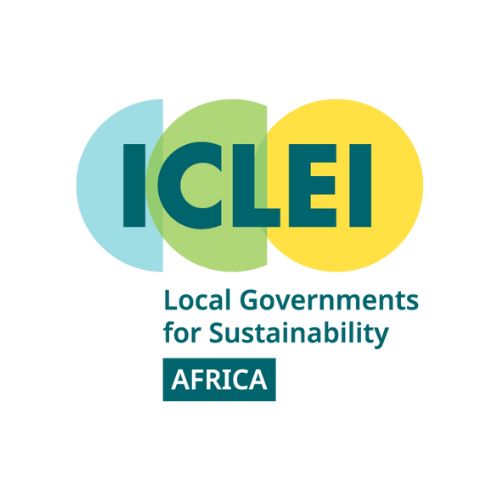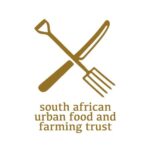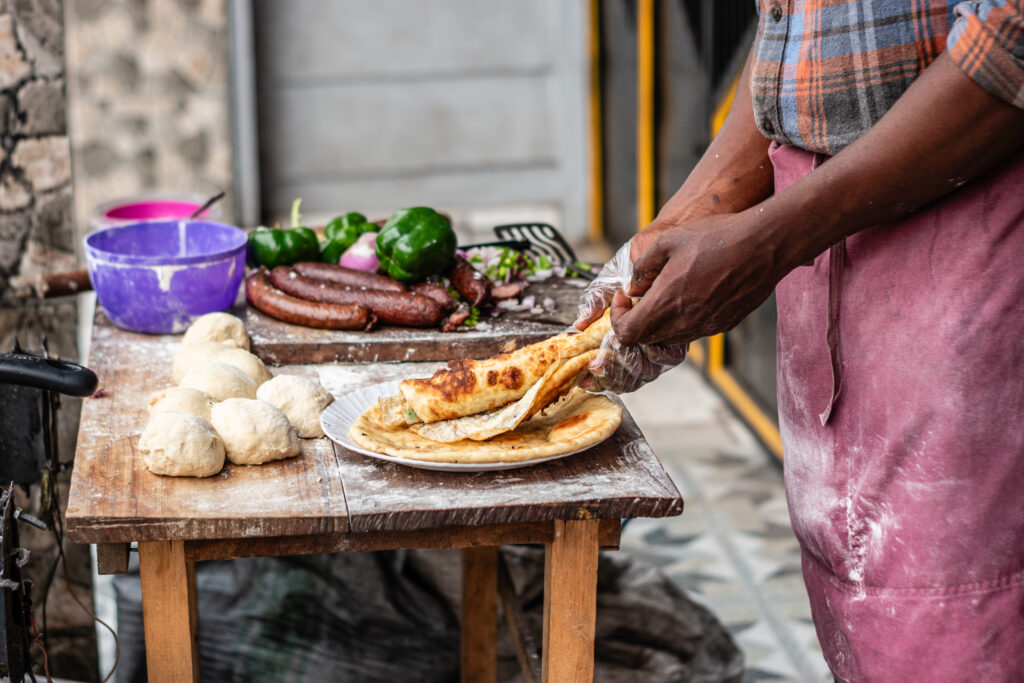Home » Explore the latest project news » Cape Town Food Dialogues 2023
Cape Town Food Dialogues 2023
Strengthening multi-stakeholder action through dialogue.
For two weeks in July, a broad diversity of more than 500 Cape Town residents gathered to explore, critique, and experience their food system. From walking tours to art exhibitions, dining experiences to workshops, conferences to webinars, the Food Dialogues programme offered many formats and spaces for people of all ages, interests, and walks of life to engage. First hosted in 2014, the Food Dialogues have become an annual event programme in Cape Town that has helped strengthen multi-stakeholder engagement and participation across many aspects of the food system.
The theme for this year’s event was the food system and polycrisis, which recognises the multiple simultaneous and interconnected crises that affect so many: the climate crisis, pandemic, water scarcity, environmental degradation, energy scarcity, armed conflict, and more. It acknowledges that we all too frequently live from crisis to crisis, in one state of emergency after another, and that a different understanding and way forward are needed. Unpacking how the polycrisis affects a city’s food system and what can be done in response was the focus of two workshops and an all-day conference, as well as a virtual webinar in which government officials and civil society partners from a range of African cities shared their experiences, successes and challenges with one another and over 100 participants.
This year’s pan-African virtual engagement, held simultaneously in French and English, drew from all the hub cities and many of the other partner cities that are part of AfriFOODlinks and was a precursor to Food Dialogues being hosted in all five of the project’s hub cities in the next few years, including Ouagadougou, Tunis, Mbale and Kisumu as well as Cape Town. These cities will be linking, sharing and learning from one another as well as building important social capital within and between cities – government, civil society, business, informal sectors, creatives, academia and ordinary residents.
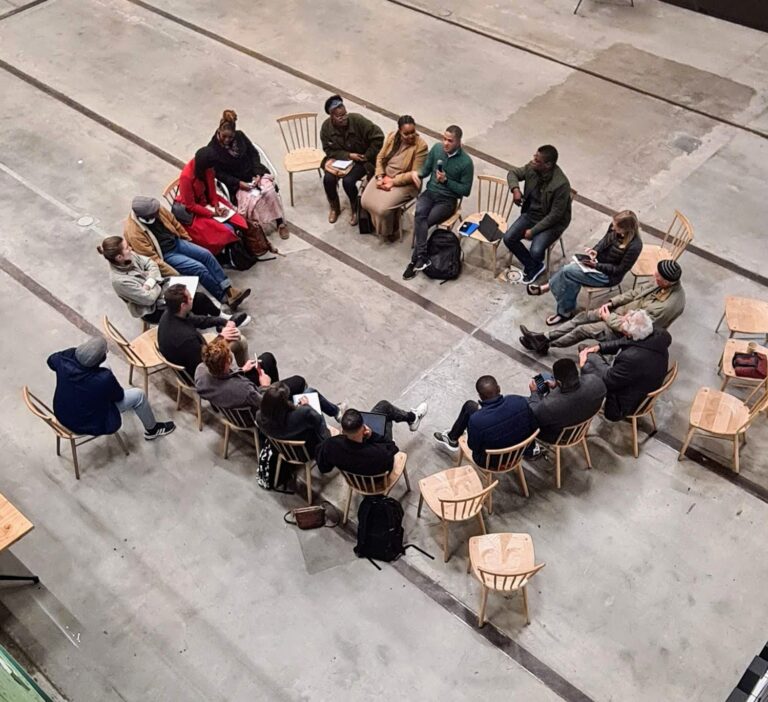
What are the Food Dialogues and what is the relevance?
The Food Dialogues are a programme of talks and events that focus on the local food system in ways that are locally relevant. They bring together a wide range of participants involved in shaping the food system, providing an opportunity for food growers, academics, activists, writers, nutritionists, policy makers, business owners, food lovers and anyone interested, to engage in key issues intimately connected to the food we eat, and the system that produces it.
While much interest is focussed on challenges being faced, Food Dialogues also celebrate the city’s food system and food cultures, while broadening and diversifying audiences and voices to complement ongoing multi stakeholder processes. For example, this year Cape Town engaged specifically with teenagers and issues relevant to teens, drawing on existing civil society organisations, school programmes, government officials and research projects working with teens and food, but enabling diverse groups from different geographic regions and with varied approaches to the issues to come together to exchange knowledge, build social capital, and discuss opportunities for collaboration. These benefits last far beyond the few weeks of the Food Dialogues.
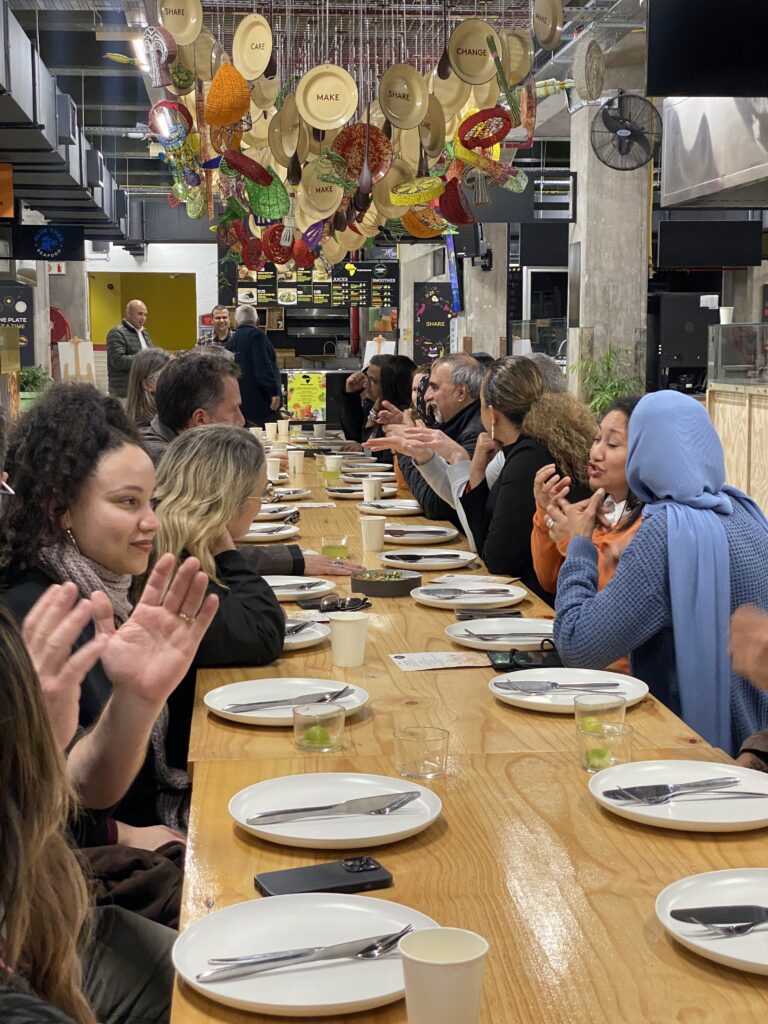
Voices from the dialogues
Many diverse perspectives are shared during the Food Dialogues, and much effort is put into identifying and bringing into the programme voices that are often not heard or not valued. Urban food gardeners, informal traders, residents of informal settlements, teenagers, traditional healers, unemployed people, mothers with infants, immigrants and other often marginalised people participate and have agency within the programme, alongside those who already have access to platforms and are often heard from, such as industry leaders, government officials, academics, journalists and activists. Such opportunities are often scarce, and are valued by participants, as reflected in the comments shared by one woman from a marginalised traditional fishing community, who said, “thank you for holding a safe space for BIPOC bodies where we could share stories around the table, experience the magic of food in the political context we find ourselves in, now and in the past, and give ourselves permission to speak about grief and trauma but also joy just by breaking bread with one another…our hearts and our bellies were filled to the brim.” These engagements lead to a deeper and richer mutual understanding of the food system, its challenges and potential, and surface opportunities for alignment and collaboration.
This has also been recognised as a particularly valuable contribution made by the Food Dialogues. For example, Professor Julian May, director of South Africa’s national Centre of Excellence in Food Security has observed that “the Food Dialogues are critically important because they provide a rare opportunity for citizens and other stakeholders to learn from grassroots activists alongside government officials, university professors, and business people. Only by connecting these different perspectives and knowledges will we be able to foster meaningful change in our food systems.” And leading food systems researcher, the University of Cape Town’s Associate Professor Jane Battersby, noted that “the Food Dialogues provided a space to engage deeply in the complexity of the Cape Town food system. They refused to have a single story. They refused to amplify a single set of voices. They provide the starting point, and not the end point, for many sets of complex, difficult and messy conversations about food.”
Beyond dialogue
While the Food Dialogues have become a valued and important series of events, many who participate have indicated that they are looking for ways to get further involved in making change within the food system, an interest that often arises because of who they met, what they learned, or something they experienced during the event programme itself. To help people move from dialogue into action, a resource guide is being developed and will be released on World Food Day, 16 October, available through the AfriFOODlinks resource hub as well as on the Food Dialogues website. This resource guide will include opportunities for further learning, ways to connect with various stakeholders in the food system, and information on how to get involved with projects, processes and initiatives underway that are driving change. This resource guide will be expanded with contributions from the Food Dialogues hosted in each of the cities and over the years to come.
There were also many people who were interested but not able to attend or participate in this year’s Food Dialogues for various reasons. To expand access to the perspectives and knowledge shared during the programme, a range of videos and publications are being edited which will also be available on the same platforms.
Learn more
Anyone interested in learning more about the Food Dialogues and keeping up to date with developments can subscribe to updates, follow the Food Dialogues on Facebook, Instagram and LinkedIn, or subscribe to the AfriFOODlinks newsletter.
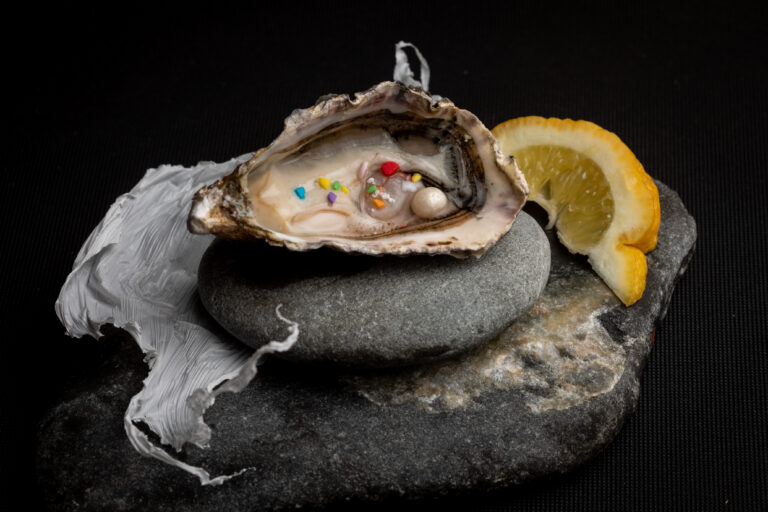
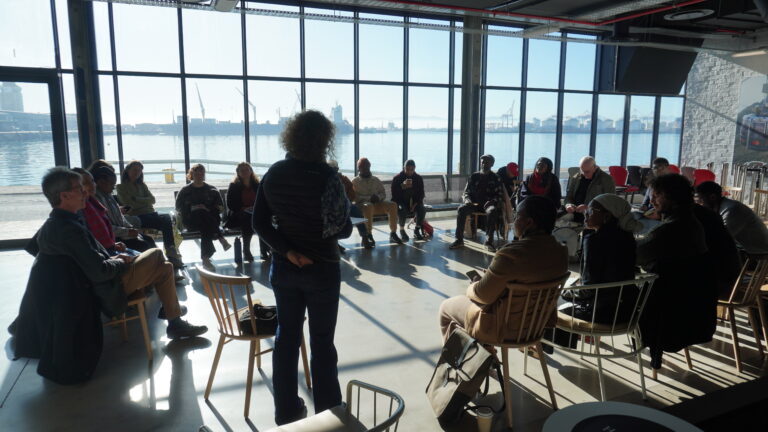
Explore
"Governance"

Read more about
"Governance"
READ MORE
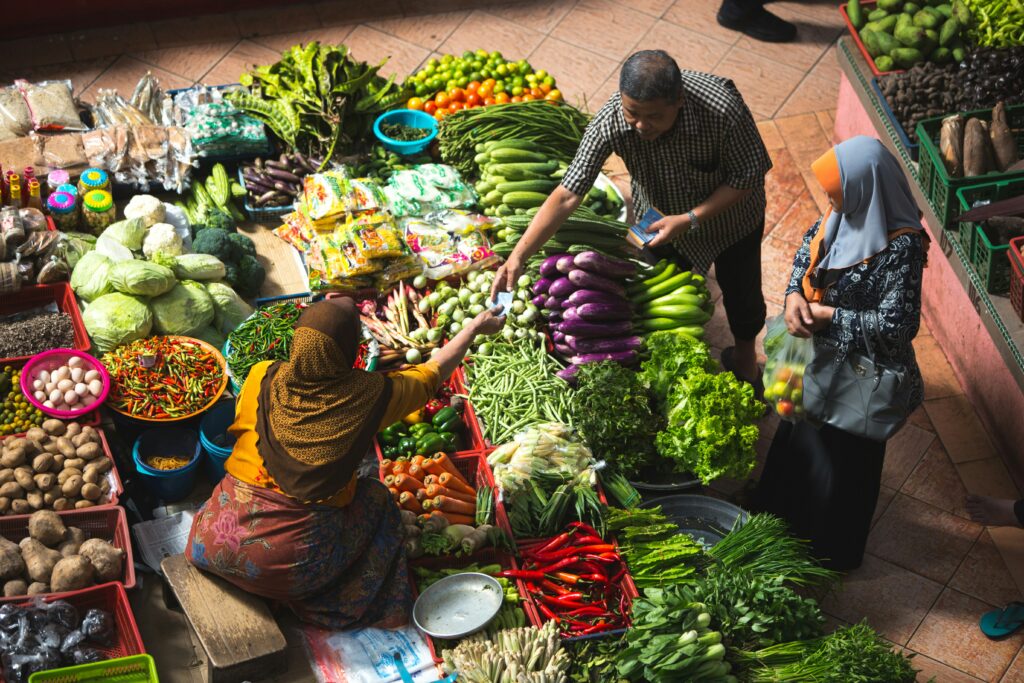
Why science, labelling and simplicity matter for food safety
In recognition of World Food Safety Day 2025, held on 7 June under the theme ‘Food Safety: Science in Action’, we explore how science is shaping the way we interpret and respond to food labelling and marketing. This reflection aligns closely with one of AfriFOODlinks core objectives: to promote sustainable, healthy diets and equitable food … Continued
